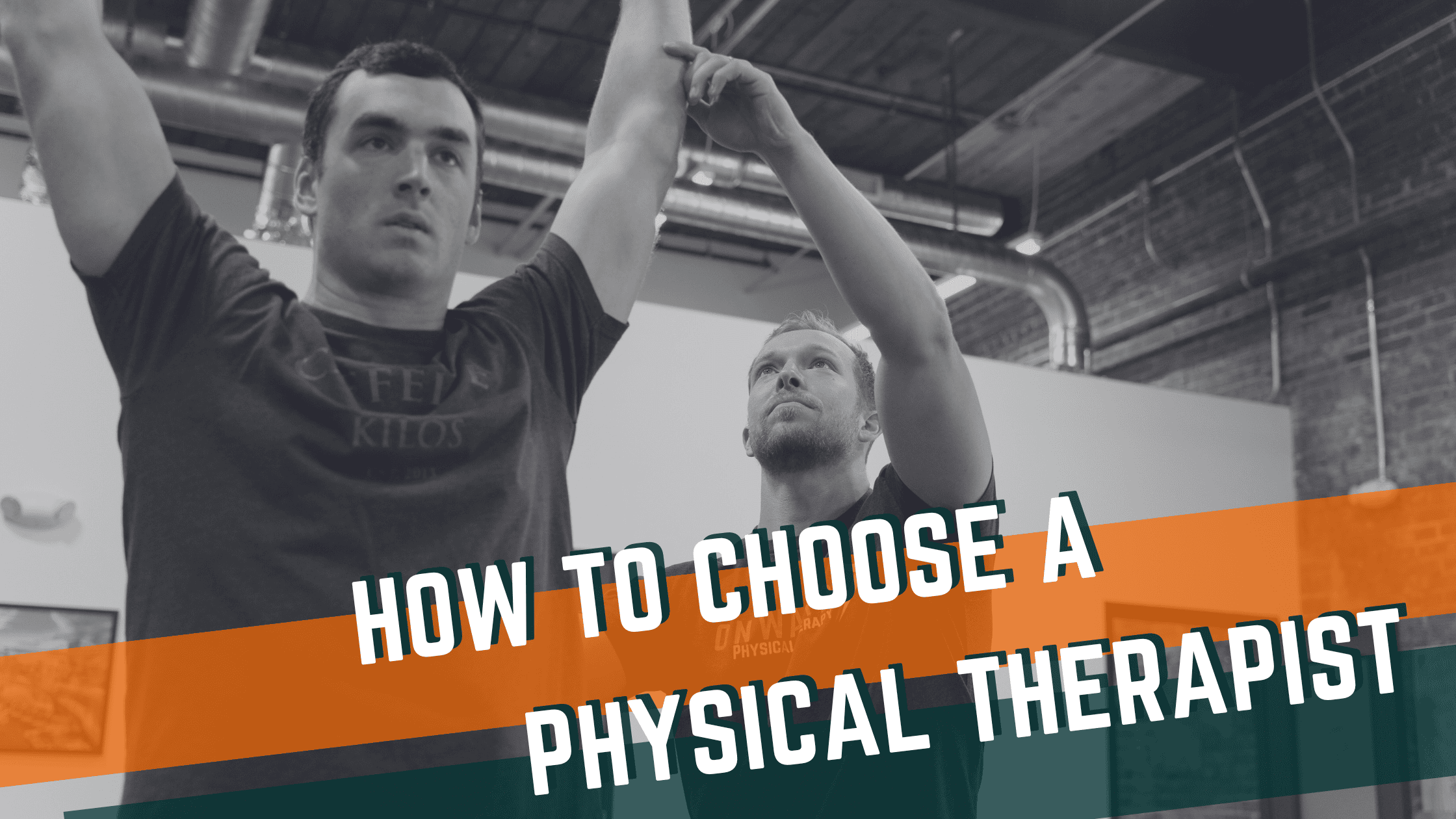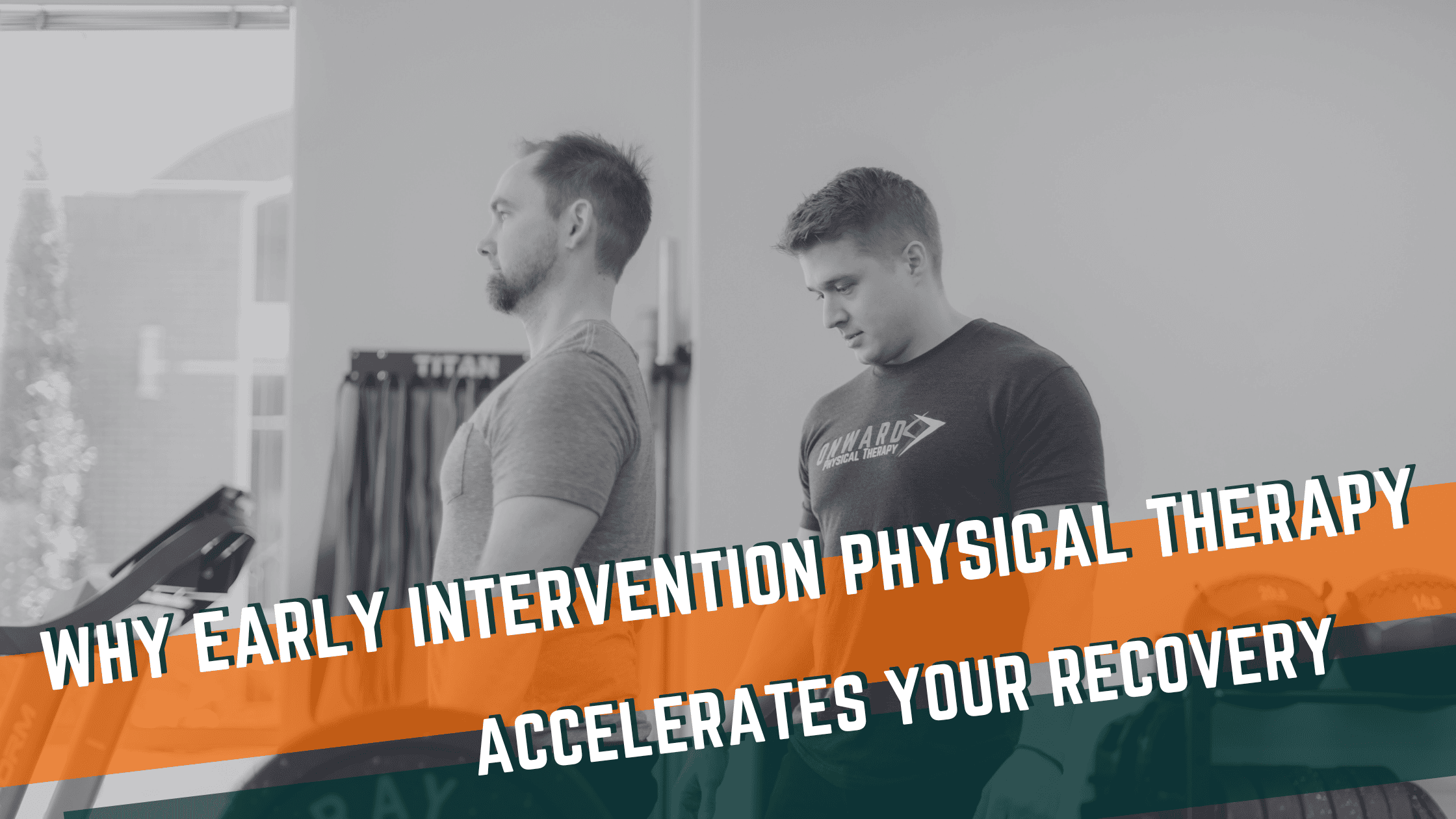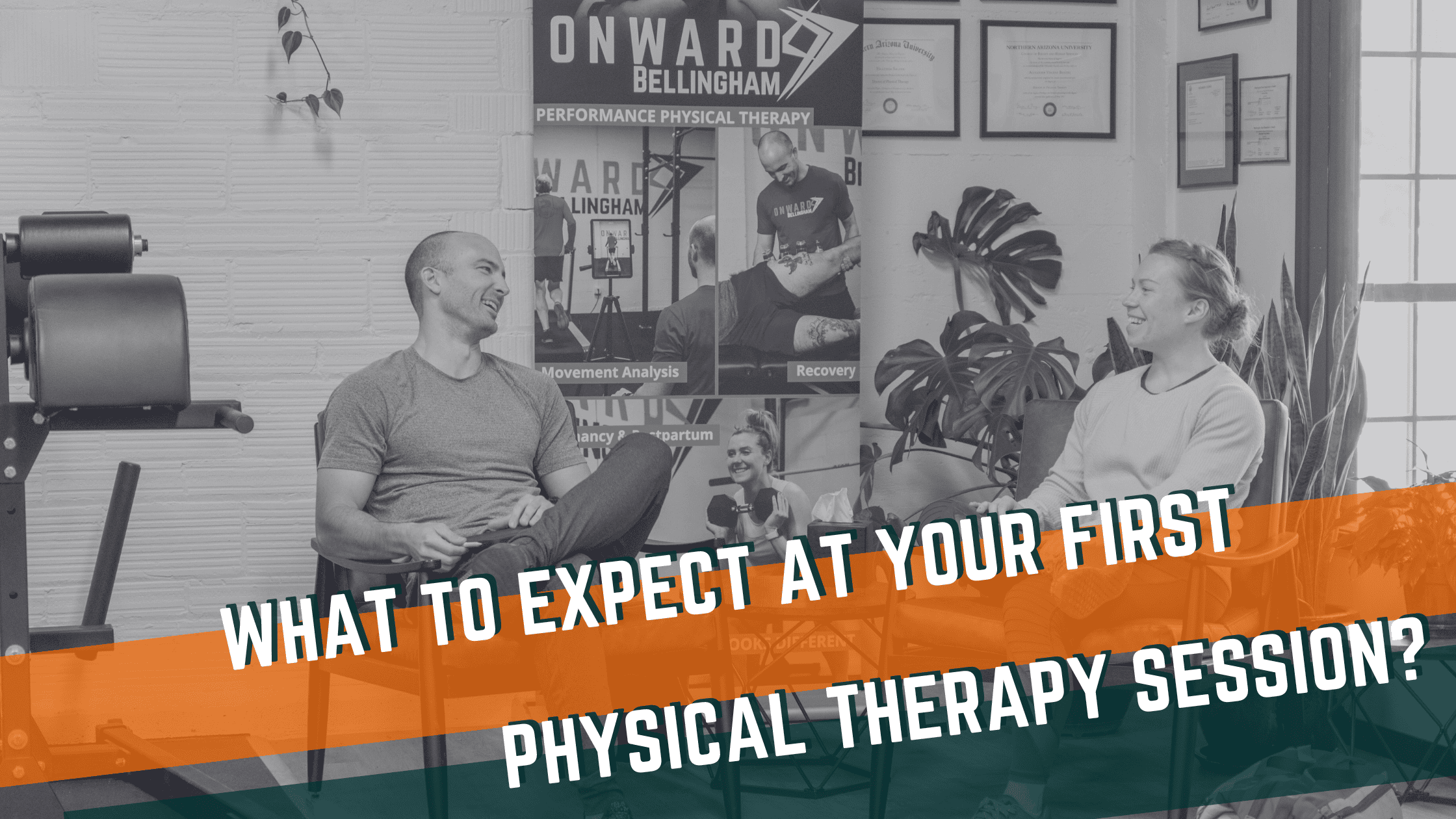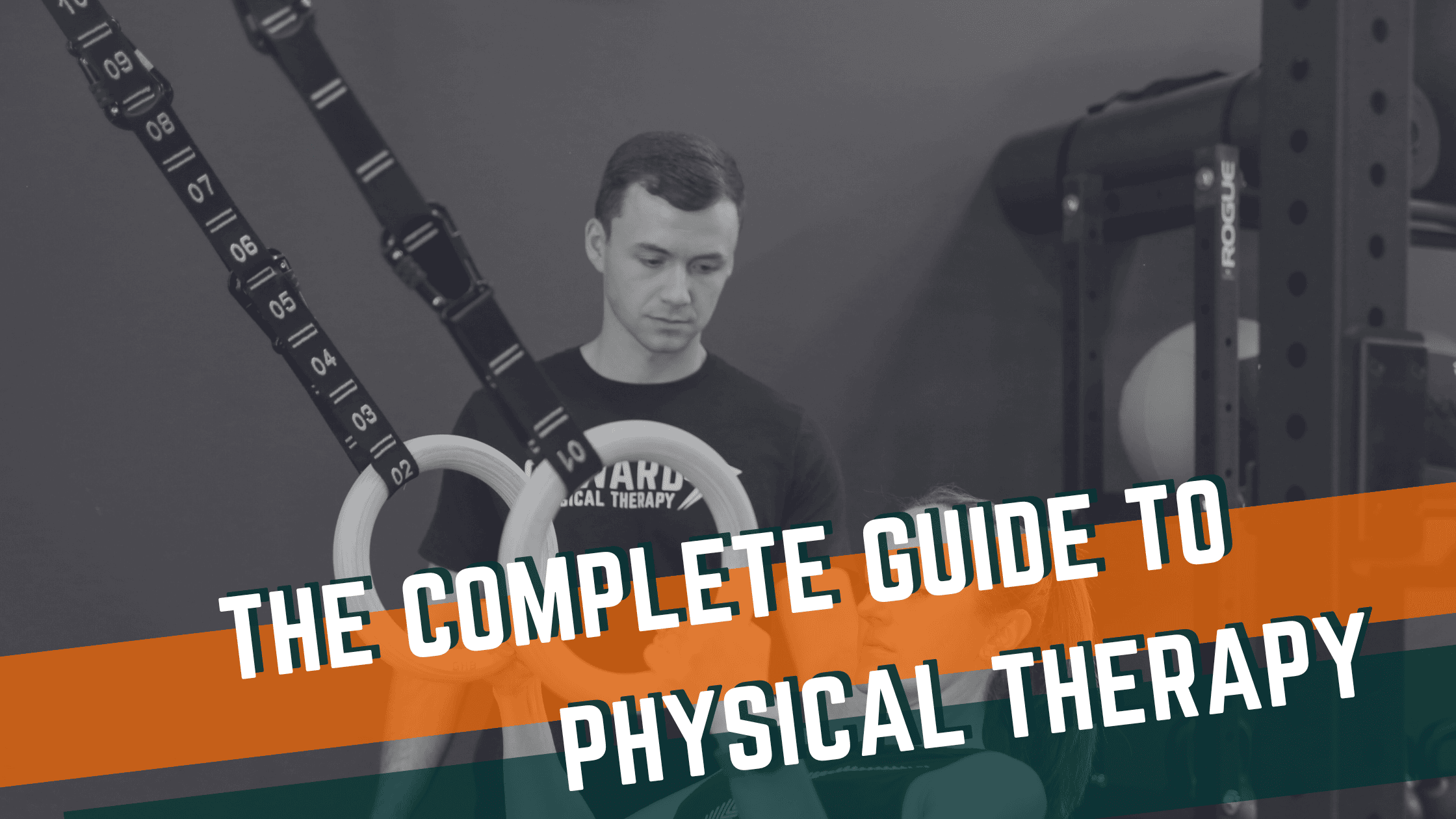
Key Takeaways
-
The expertise and specialized training of your physical therapist play a crucial role in how quickly and effectively you recover.
-
One-on-one care, access to real strength training equipment, and transparent pricing are essential indicators of a high-quality clinic.
-
Onward Physical Therapy offers focused, personalized treatment with no surprise bills, helping you recover faster with care tailored to your goals.
Critical Considerations When Choosing a Physical Therapy Clinic
When it comes to physical therapy, not every clinic or clinician is the same. Just like in any profession, physical therapists have different skill sets, backgrounds, and physical therapy specialties. That means the clinic you choose can play a massive role in how quickly and effectively you recover.
The right physical therapist will help you return to your goals faster, with fewer setbacks, and a lower risk of future injury. Look for someone who is a licensed physical therapist, ideally trained through an accredited physical therapy program. Membership in the American Physical Therapy Association is another strong sign of continued education and commitment to quality care.
Are Your Therapists Actually Qualified to Help You?
When evaluating a physical therapy clinic, the expertise of the therapists should be one of your top priorities. There are two major factors to keep in mind:
1. Do they understand your goals?
Start by looking at the backgrounds and bios of the clinicians. If you’re a runner, CrossFit athlete, or someone deeply committed to fitness, you’ll want to see that your therapist values and participates in those same activities. A therapist who doesn’t prioritize exercise is less likely to create a plan that’s aggressive, progressive, and tailored to the demands of your lifestyle. Effective treatment plans must reflect your goals and the realities of your sport or activity.
2. Do they have specialized training?
Beyond shared interests, specialized education makes a major difference in the quality of care you receive. One gold standard in the industry is the Institute of Clinical Excellence (ICE), which offers specialty certifications for fitness athletes, endurance athletes, pelvic health, and advanced orthopedic care. These credentials show that a therapist has pursued in-depth training to better serve specific populations, including those dealing with chronic pain or pelvic pain.
You’ll also want to check whether the clinic’s staff are trained in advanced treatment techniques like dry needling and spinal manipulation. These approaches can be game-changers for rapidly decreasing pain and accelerating progress in the healing process. Many of these techniques are integrated into treatment plans for pain relief, persistent pain, and even injury prevention. Thanks to direct access laws in many states, you don’t need a referral to receive physical therapy and begin that process right away.
Will You Get Personal Attention or Be Treated Like a Number?
One of the biggest differences between physical therapy clinics is how much attention you actually receive. Unfortunately, many clinics today operate more like patient ‘mills’ than outcome-focused practices.
Think about it: you’d never want a surgeon performing an operation on multiple people at once, or your accountant advising someone else about their finances in the middle of your meeting. You deserve the same level of focus in your recovery.
When evaluating a clinic, ask two critical questions:
– How many patients do you treat at one time?
– How long does each session last?
If a clinic treats more than two clients at once, that’s a red flag. The gold standard is one-on-one care, where your therapist’s full attention is dedicated to you. This allows for more thorough assessment and re-assessment at follow-up visits, maximizes the amount of hands-on treatment you receive, and ensures your recovery plan is truly individualized.
Is This a Place You’d Actually Want to Spend Time?
At the end of the day, recovery takes work. While manual therapy techniques like dry needling and spinal manipulation can do wonders for quickly reducing pain, they aren’t what create the long-term changes you need. The real key to lasting results is building strength and mobility around the injured area so it becomes more resilient in the future.
That’s why the equipment a clinic has matters so much. Unfortunately, too many rehab clinics are stocked with little more than resistance bands and a few light dumbbells. To make real progress, you need access to strength-focused tools—barbells, kettlebells, dumbbells, squat racks, and more. These allow you to progressively load movements and build the strength necessary to keep injuries from coming back.
Be cautious of clinics filled with ‘fluff’ equipment like stationary bikes or arm bikes. While they may have their place, they aren’t going to build the kind of strength and durability that keeps you training pain-free long term.
Can You Afford It—and Do They Handle Money Honestly?
We’ve all had the frustrating experience of paying a copay at a doctor’s office, only to get hit with a surprise bill weeks later. Sadly, that’s a common side effect of the U.S. healthcare system, where transparent pricing is almost nonexistent—even when dealing with a trusted healthcare provider or primary care physician.
To address this, many physical therapy clinics have moved into the out-of-network model, offering straightforward fees with no hidden costs. This shift often attracts highly specialized clinicians with strong clinical experience and better-equipped facilities. But here’s the catch: not all clinics are truly transparent.
Red flags to look out for include:
- Having to get on a sales call just to learn the cost of care.
- Astronomically high upfront fees followed by ‘discounted’ packages.
- Being pressured into large prepaid bundles (what if you realize after two visits that it’s not the right clinic for you?).
Instead, seek out clinics that are committed to clear, upfront pricing—no hidden fees, no gimmicks, and no surprises. Make sure to ask about out-of-pocket costs early in the process. That way, you can focus on your recovery without worrying about financial traps along the way. Understanding cost is a crucial aspect of choosing a clinic, just like evaluating clinical experience or the availability of hands-on therapy.
Critical Questions to Ask During the Initial Phone Consultation
Before booking your first visit, take a few minutes to call the clinic and ask some direct questions. Their answers will give you a clear sense of whether this is the right place for you. Here are some of the most important to cover:
1. How many patients does each therapist treat at once?
Look for one-on-one care as the gold standard. Avoid clinics that schedule more than two patients at the same time.
2. How long is each appointment?
Sessions should allow for thorough assessment, treatment, and exercise—not just a quick check-in.
3. What type of equipment is available?
Does the clinic have barbells, kettlebells, dumbbells, and racks for strength training? Or is it mostly resistance bands and cardio machines?
4. Do your therapists have specialized training relevant to my needs?
For example, certifications from the Institute of Clinical Excellence (ICE) or additional skills like dry needling and spinal manipulation.
5. What is your pricing structure—and is it fully transparent?
Ask if prices are listed openly. Be cautious if you need a phone call just to get costs or if they pressure you into expensive packages.
6. What’s your overall treatment philosophy?
Do they prioritize active approaches (building strength and mobility) or mostly passive treatments? You want a plan that empowers you to stay pain-free long term.
Choose Smarter. Recover Faster with the Right Physical Therapist
Picking a physical therapy clinic isn’t a small decision. It has a big impact on how fast you recover and how well you stay pain-free down the road. The truth is, not all clinics offer the same level of care, expertise, or results.
At Onward Physical Therapy, we keep it simple. You get one-on-one treatment from a qualified specialist who actually listens to your goals. No juggling multiple patients. No cookie-cutter plans. Just real progress with clear pricing and access to the tools and techniques that truly drive recovery.
Next steps:
- Before booking with any clinic, ask how many patients are treated at once and whether sessions include hands-on treatment and strength-focused rehab.
- Make sure the therapist understands your goals and has advanced training that matches your needs.
- Contact Onward Physical Therapy to schedule a one-on-one evaluation and get started with care built around your recovery.
Your recovery should never feel like guesswork. Let’s get to work and get you back to doing what you love. Reach out today.
Recent Articles
Why Early Intervention Physical Therapy Accelerates Your Recovery

What to Expect at Your First Physical Therapy Session?

How to Choose a Physical Therapist

The Top 5 Misconceptions About Physical Therapy

The Complete Guide to Physical Therapy

